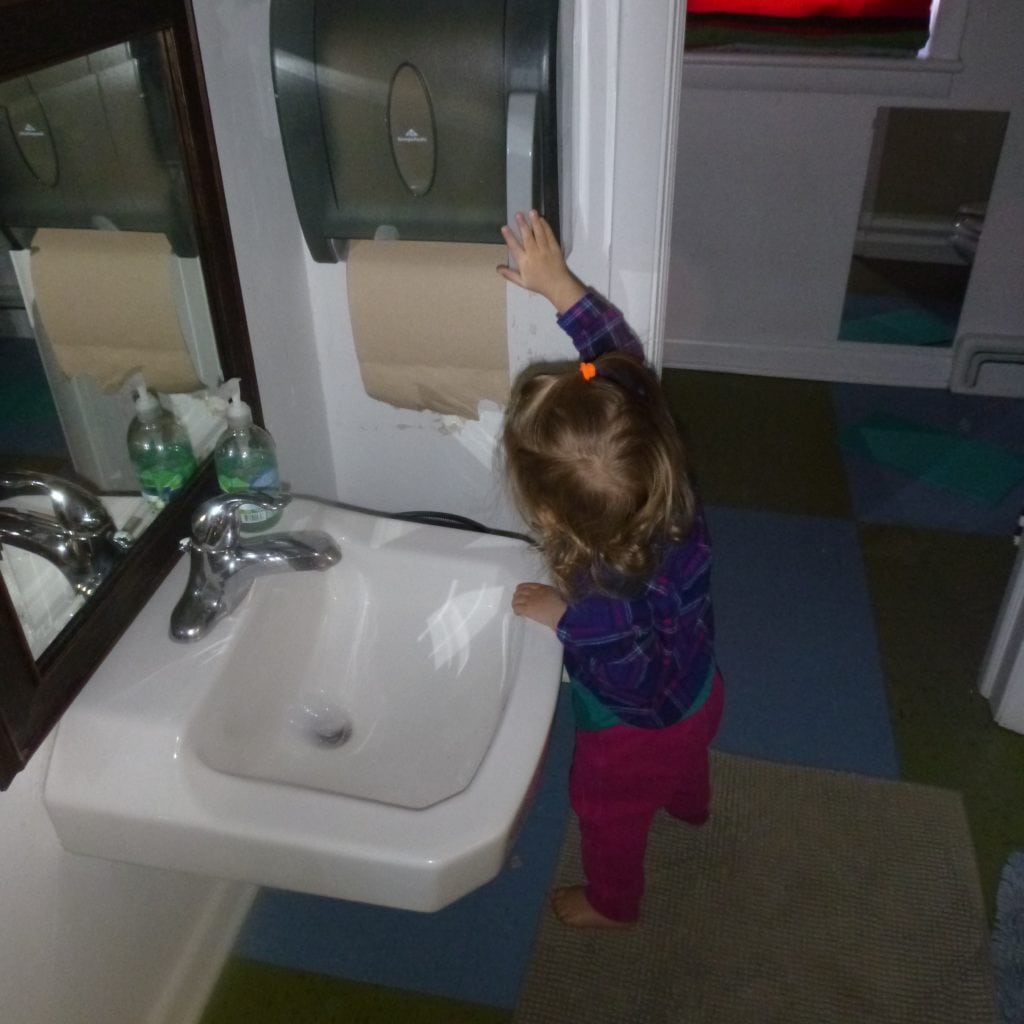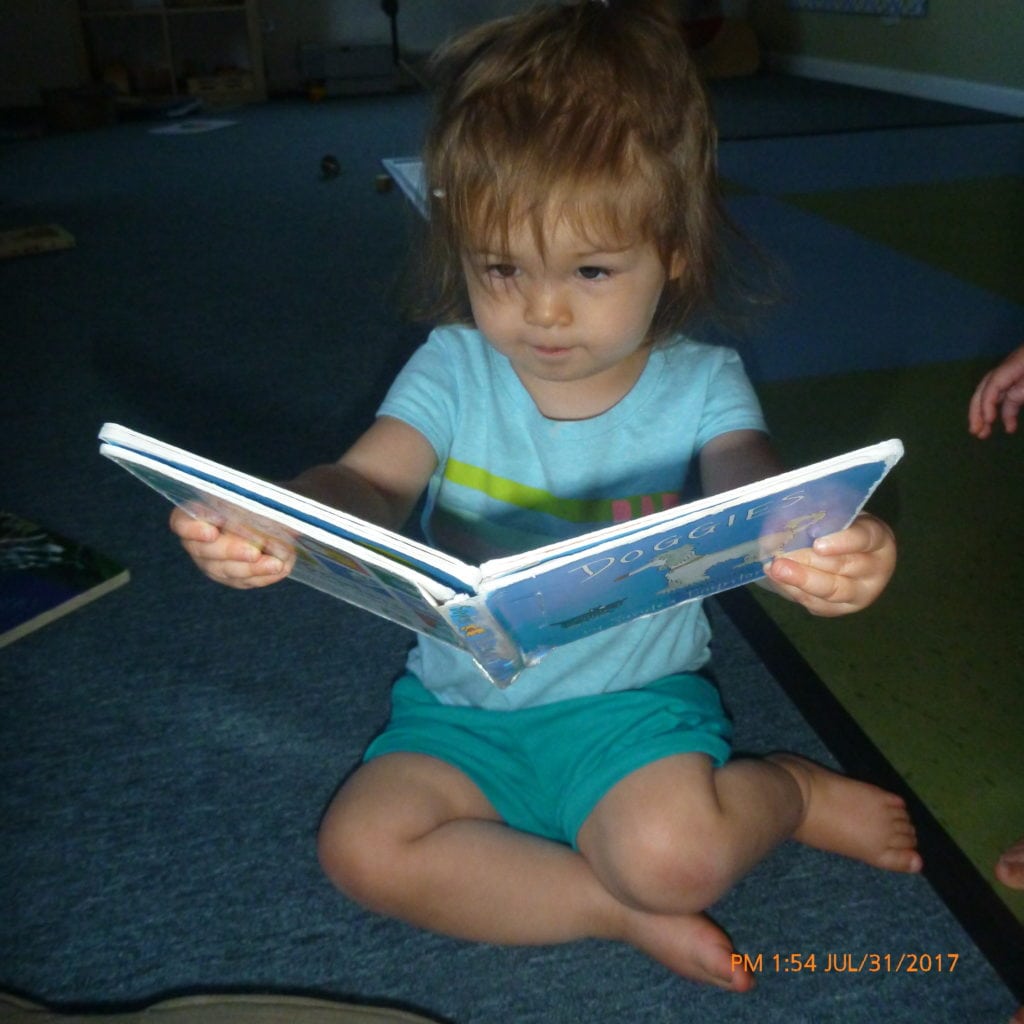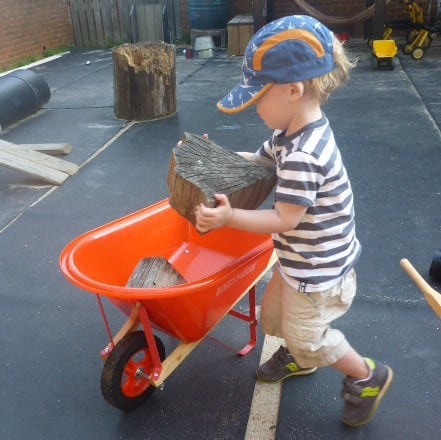Potty Learning
Reflecting on Your View of Diapers and Potty
We do not call it potty training, we call it potty learning. We do this to be sure that we are holding a strong image of the child in mind. Training is something that is done to someone. Learning is something that is done by someone. It is simply a bit more respectful to call it potty learning. This also puts you into a state of mind focused on support and teaching.
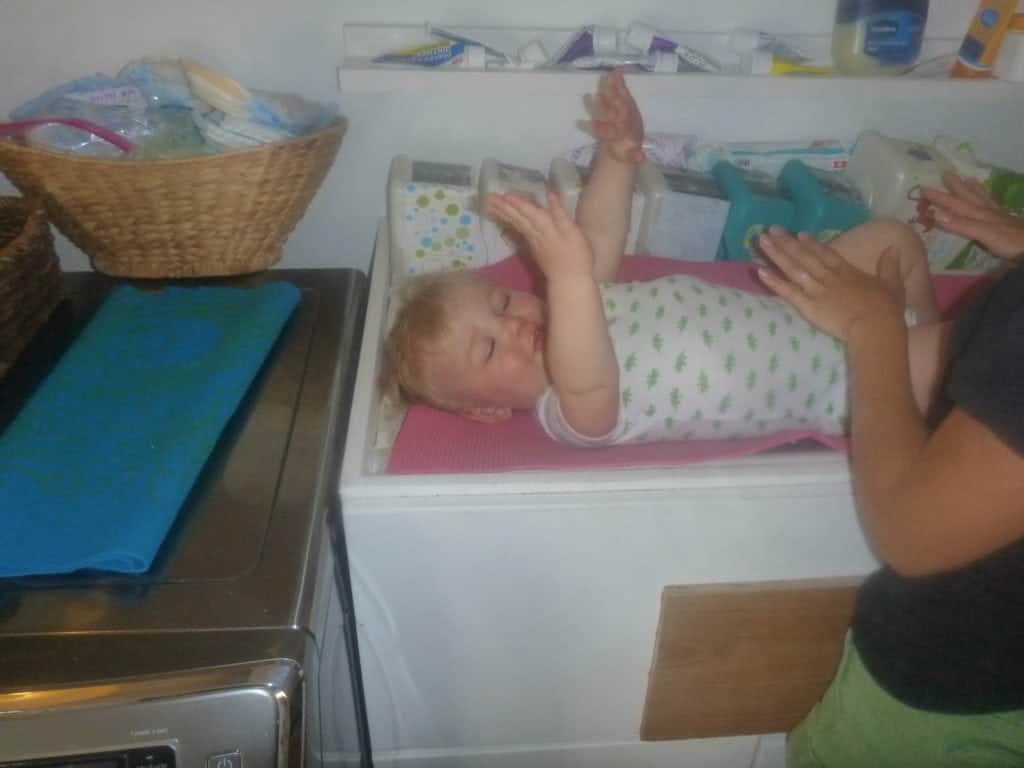
What do you believe about children wearing diapers? ⠂ How often should they be checked or changed? ⠂How do you respond when a child resists being changed? ⠂Is it ok for a child to wear a wet diaper? For how long? ⠂How sensitive or aware do you think infants are to their diaper's state? ⠂ How do you feel about changing children's soiled diapers? ⠂How does a child's age impact how you feel about changing their diaper?
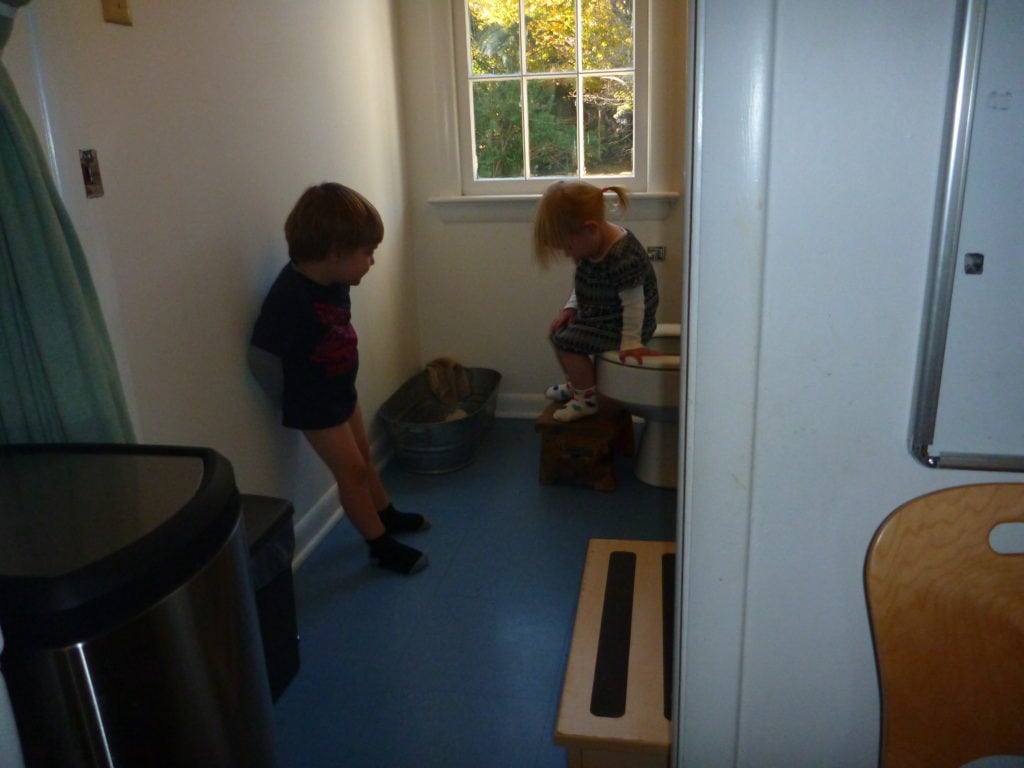
When do you believe children should learn to use the toilet? ⠂ When do you believe a child can learn to use the toilet? ⠂What do you believe the adult's role is in helping a child learn to use the toilet? ⠂What practices do you believe help or hinder children's learning to use the potty?
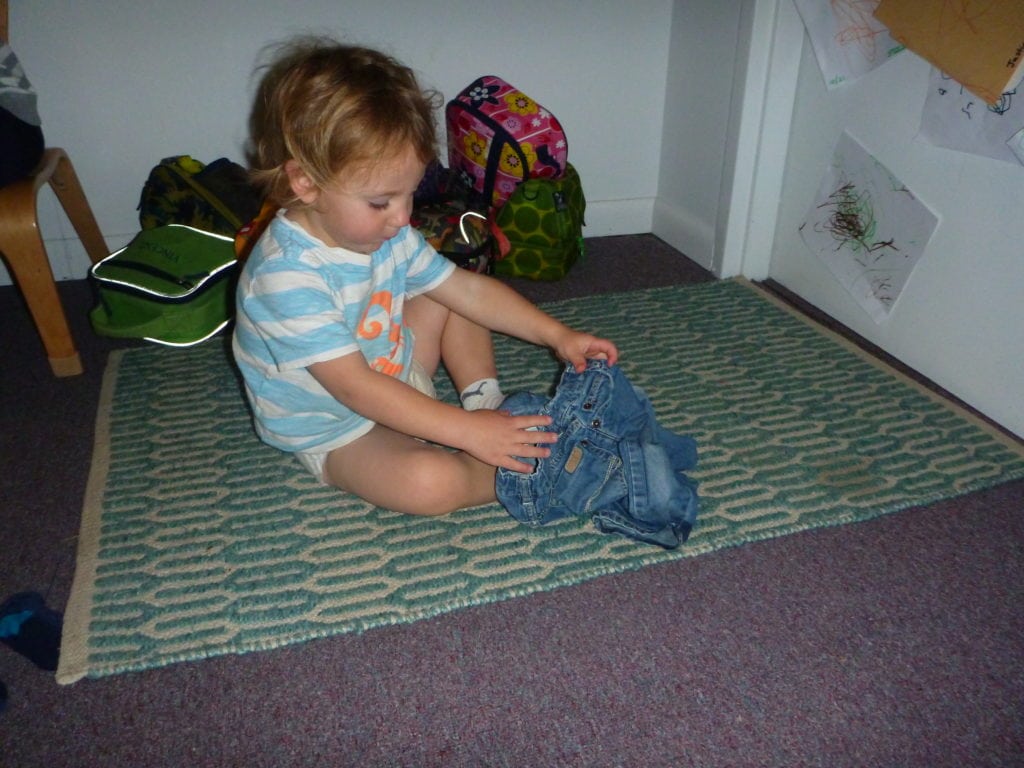
How do your personal and family experiences shape your views of toileting? ⠂What impact does societal expectations and the media play in your perception of potty learning?
Our Philosophy: All children will learn to use the potty. We do not ever shame or punish children’s excretion. We accept we cannot control children’s bathroom use and the process is theirs to hold. We believe that exposure to incrementally more responsibility with encouragement, but not coercion will support children’s learning.
Provide Exposure and Independence
Our role as adults in this process is early on to care for children and help the children stay clean and healthy but ultimately it is to turn that role over to the child. This is easiest if done gradually and naturally. Adults can give children space, time, and exposure to the routines of self care so they can feel the sense of purpose and autonomy that will naturally drive their continued desire to learn and grow more independent. Caregivers do not need to push, cajole, or force children but offer the opportunity and allow the child to pick it up when they are ready. This learning process like all learning processes is not linear. Children may build independence then lean back in for more help which is normal. Caregivers simply continue to offer an open invitation to learn.

